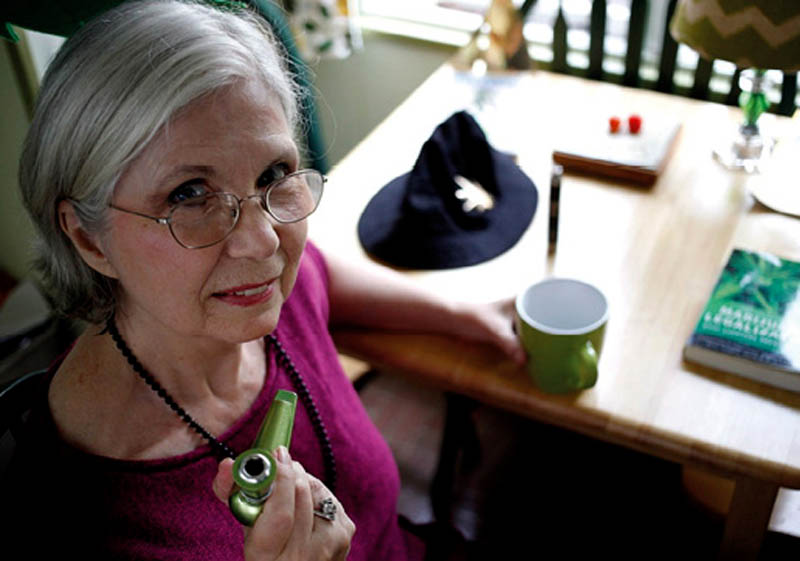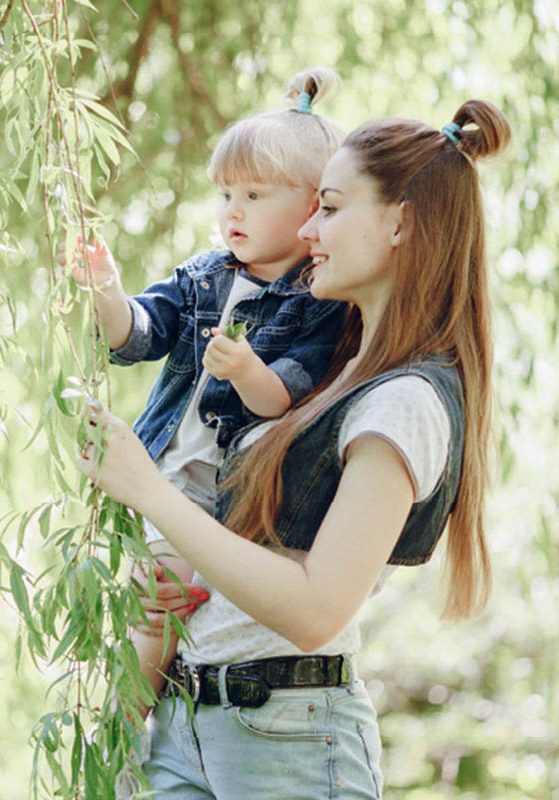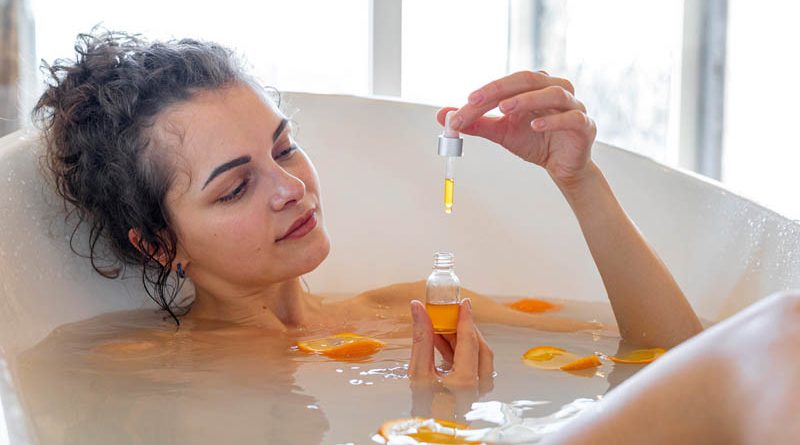Cannabis and Maternity
Cannabis is now widely used, even on a daily basis, and the taboo surrounding its use seems to be slowly disappearing. As countries legislate to allow cannabis use, it is becoming possible to look at the issue at a deeper level.
Today, however, let’s talk a little about the obscurity surrounding women’s use of marijuana. In the last decade, the gender stigma associated with cannabis culture has begun to disappear. Although the pot icons of pop culture were all men – such as Bob Marley, Cheech and Chong or Snoop Dogg – women were just as much a part of the effects of the plant, but for a long time this was not openly discussed because of social criticism. With the wave of legalization, more and more women have spoken out and shared their stories.
Toronto’s Carol Francey, for example, smoked for the first time in 1966 at the age of seventeen and continued to use marijuana until her recent death. However, she had to keep her habit a secret for most of her life due to the prejudice surrounding cannabis use. Carol was a pot-smoking mother who worked as a primary school teacher, so in many ways she would have been strongly condemned for her use of the plant. Carol has used cannabis recreationally and medicinally all her life, but what is the current social norm? Is it acceptable nowadays for a woman, a mother, to smoke weed?

We often hear of mothers who relieve their daily stress after putting the child to bed with a glass of wine or two, but what is the difference and why is it more socially condemned to do so with a little weed? Is it more irresponsible for a parent to use cannabis at home instead of alcohol? Knowing the prominent role of alcohol in domestic violence and the relatively low risk of cannabis in this context, it is also worth considering, in the context of the stigma attached to smoking parents, whether we are taking the right approach to parents’ supposedly moderate use of alcohol. Think about it: if every drunk, family-abusing dad swapped the glass for a pipe, the amount of violence in the home would be a fraction of what it is today!
But let’s get back to mothers. Around 2018, a movement started in the US that first began to bring together and build a community of mothers who use pot, and since then, countless groups have been formed where cannabis mothers can openly talk and advise each other. One member of such a group is Latrese Thomas, an American mother of three, who says that you can reconcile pot consumption with raising a child in the same way that you can reconcile drinking wine in the evening. After a long day with her three children – especially during the pandemic – when all three were asleep at night, Latrese would usually run a tub of water, sprinkle in some cannabis-infused bath salts and sit in the water with her vaporizer. She also said that pot helps her manage her anxiety as a mother.

The cannabis moms’ community is trying to raise awareness that the biggest misconception about mothers smoking pot is that they smoke to get high. On the one hand, weed can already be used in a variety of forms – different drinks, foods, cosmetics, teas are all very popular with cannabis mothers, so it is important not to only associate weed consumption with smoking. On the other hand, the plant’s physiological benefits should not be overlooked, such as its natural analgesic properties, which relieve menstrual cramps, or its stress-relieving properties.
 Barinder Rasode, also a mother of three, says that weed has not only been helpful in relieving her own anxiety, but has also made her a more patient parent. She, for example, is an advocate of microdosing, using small amounts of cannabis. It allows her to adjust her views on certain things a little, so that her thoughts and tasks slow down in her brain and she can focus better, live the present more easily and engage more creatively with her children.
Barinder Rasode, also a mother of three, says that weed has not only been helpful in relieving her own anxiety, but has also made her a more patient parent. She, for example, is an advocate of microdosing, using small amounts of cannabis. It allows her to adjust her views on certain things a little, so that her thoughts and tasks slow down in her brain and she can focus better, live the present more easily and engage more creatively with her children.
But it is also important to address the question of how a child who sees his mother smoking pot at home is affected by this experience. Children who perceive that their parents drink regularly are twice as likely as their peers to indulge in binge drinking. A similar study on cannabis is not yet known, but it is reasonable to assume that being exposed to secondhand smoke regularly can also make children become interested earlier than they should be, and there are significant risks associated with smoking in early adolescence. The Guardian interviewed a few smoker parents on the subject, and two mothers had this to say:
“My husband and I only light up a joint outside after the kids have gone to bed, and I never smoke too much. If parents are allowed to have a beer or wine while sitting around their kids, then joints should be no different.” – Merry, London
“I don’t smoke near my daughter, but retreat to the upstairs room in the house, a reasonable distance away from her. It makes me more patient, less irritable. If I smoke cannabis during the daytime, my activity level drops and I don’t play with her as much as I normally do, so I save it for the evenings.” – Tannis, Halifax
But what about cannabis during pregnancy? Science does not yet have completely accurate data on the long-term effects of regular marijuana use by a mother during pregnancy, but several studies have looked at the issue.
The University of Washington’s Moms + Marijuana study tracks women’s cannabis use from the first trimester of pregnancy to the birth of the baby. The mothers usually consume weed twice a week, mostly to relieve morning sickness. Six months after birth, the babies’ brains are examined to identify the potential effects of cannabis on motor and cognitive development, as well as on the health of the body and social behavior. Another study found that daily cannabis use during pregnancy may increase the risk of low birth weight, low resistance to infection and reduced oxygen levels, but no other abnormalities were found.
Dr. Natalia Kleinhans, a radiologist at UW Medicine, pointed out that some of the drugs used for morning sickness are used in real life before they have been tested on pregnant women for the first time, while cannabis is unfortunately out of the question for similar treatments because of its negative reputation.
People’s acceptance of cannabis and science still have a long way to go, but it is clear that society is on a new, more open path, where it is possible for a mother to smoke a joint after putting her baby to sleep, as a recreational activity. The waves of legalization, the emergence of cannabis communities, the research and discourse on the subject, all contribute to the emergence and acceptance of the topic. The most important aspect of parental pot use is moderation, because it is possible to balance cannabis use with parenting, but it is important to do so consciously and responsibly.



















